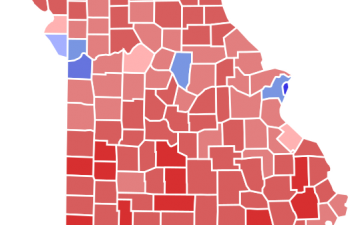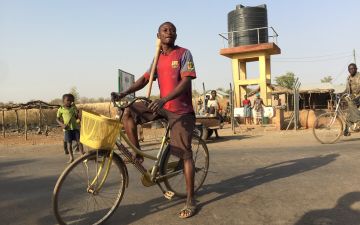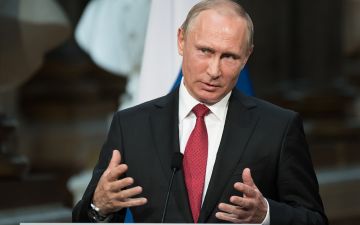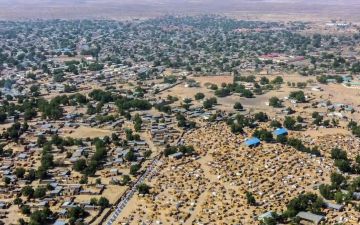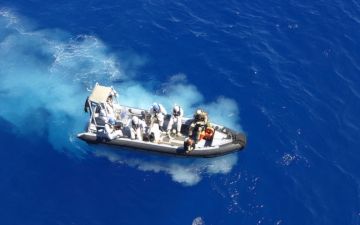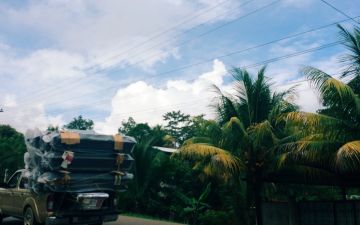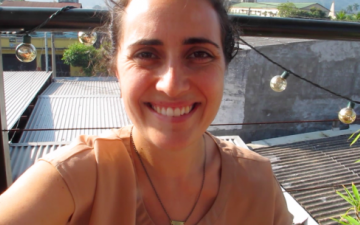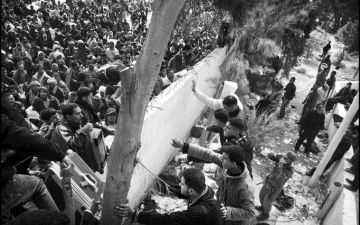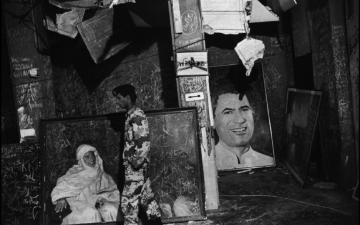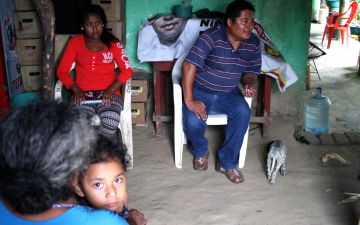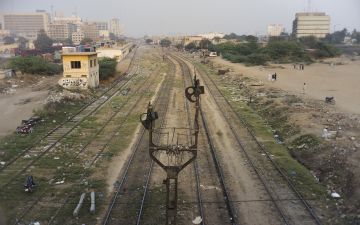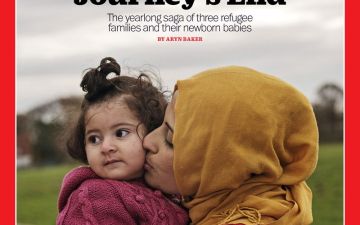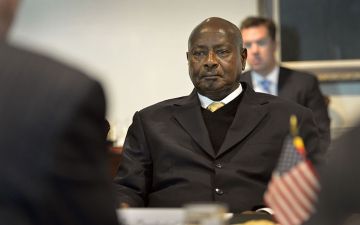The balance of power between strong states was for decades the dominant issue in discussions of international security. But today, it is fragile states that are seen by many as posing potentially greater threats. Weak infrastructures, internal conflict, and lack of economic development provide fertile ground for trafficking, piracy, terrorism, nuclear proliferation, disease pandemics, regional tensions, and even genocide.
As a result, there is a growing movement in the international community to find comprehensive ways to promote stronger states, as well as more effective solutions to deal with those that are already on the brink of failure.
In Governance, you'll find reporting from around the world—from East Timor to Haiti, from Guinea Bissau to Afghanistan. The reporting demonstrates the dangers weak states pose—and also the international interventions that appear to be making a difference.




